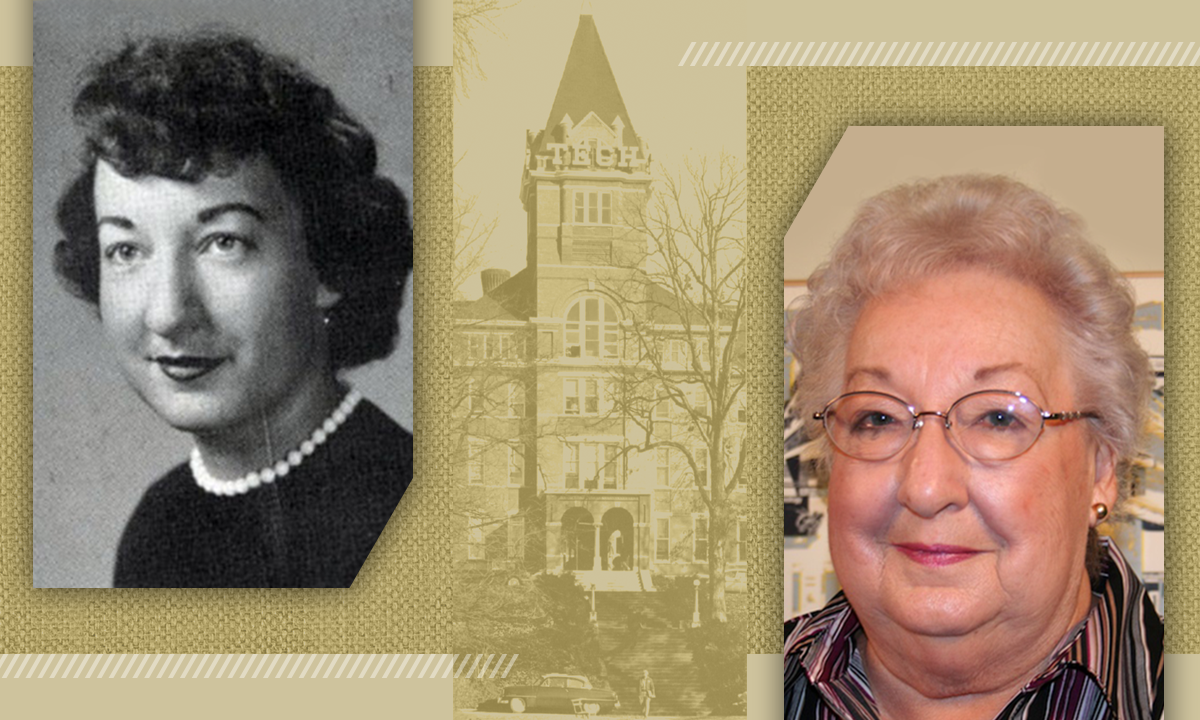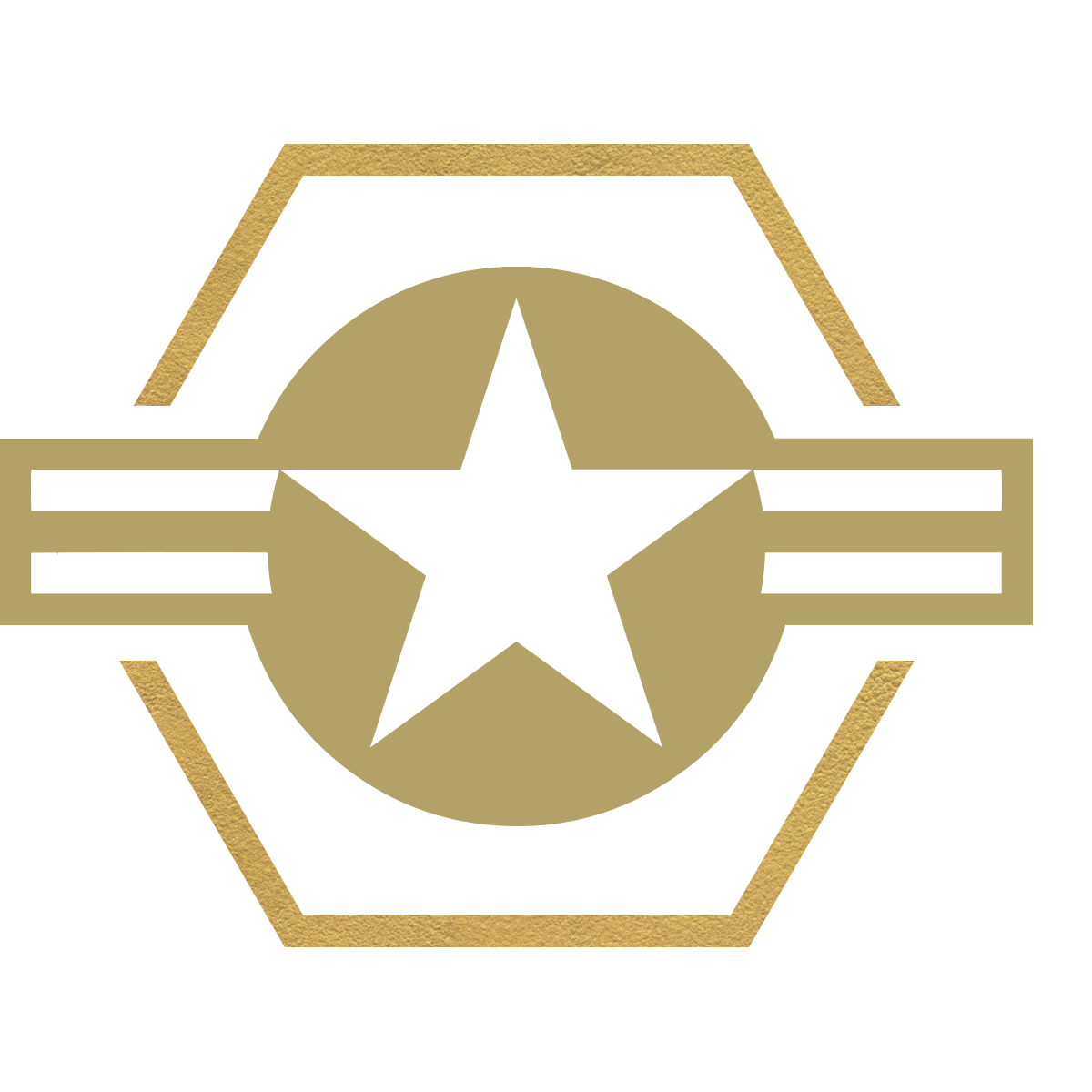In celebration of Women’s History Month, the textile engineer and oldest living female graduate discusses her time at Tech and being a woman in STEM

Martha Moss Quo is a woman of many firsts: one of the first five women to graduate from Georgia Tech in 1958 in textile engineering; the first woman to graduate with both a bachelor’s and a master’s degree; and, the first woman to come to Tech on the G.I. Bill. Now, she is Georgia Tech’s oldest living alumna at the age of 89.
Born in Hartsville, South Carolina in 1931, Quo’s interest in technology was sparked at a young age, and she was always academically ambitious. Her high school had a college preparatory track, which women were not recommended for, but that Quo enrolled in anyway.
“In ninth grade I took a general science course that I really enjoyed,” said Quo. “Mostly though, it was my father who inspired me. He had gone to some college classes and had some background in chemistry. He worked for a textile firm, and he ended up dying fabrics, so that’s one reason I was interested in that. I followed my father’s footsteps.”
Despite her long-time interest in science, Quo’s journey to Tech was not the traditional path. Out of high school, she attended Guilford College, but couldn’t afford tuition after her first year.
“I had already borrowed $200 from the bank and my father had helped a little, but I couldn’t pay anymore,” said Quo. “So, I went into the Air Force.”
Serving in the Air Force meant that Quo would be eligible for the G.I. Bill, a program that paid veterans’ tuition and living expenses after their service. While she was serving, her parents moved from South Carolina to Georgia – a move that put Georgia Tech on Quo’s radar. In 1955, at the age of 23, Martha enrolled at Tech.
“I was in the air force and went straight to Tech from there,” said Quo. “I was discharged one day and started the college the next.”

Quo originally wanted to major in chemistry, but at the time, that was not an option for women at Tech. After discovering that the Textile School had a chemistry section, she decided to pursue Textile Engineering. At the time, Quo was one of only 30 women on campus. She was also part of the sorority Alpha Xi Delta and attended inter-fraternity meetings monthly.
“We had our little community” she remembers. “Most of the women were members of the Society of Women Engineers, run by the President’s wife, Mrs. Van Leer.”
Being a minority was challenging for some women on campus, but Quo does not remember her gender affecting her studies. “I think it might have been because I was a little bit older, or because I was a veteran, but I never had any problems,” she said.
Not all Quo’s peers had the same experience. “I know that they had some professors who took an issue with the fact that they had to teach girls.”
Graduating in 1958, Quo was able to earn her Textile Engineering degree in just three years by transferring her credits from Guilford and taking summer classes.
Quo remembers her graduation ceremony in the Fox Theatre.

“I think there were just three of us [girls]. As far as I know there were two girls that graduated in ’56, and then we were the next girls to graduate from Tech, making us the third, fourth and fifth girls to get a degree. This was in the 50’s, and we were all women who weren’t looking to get married and raise kids right away. We had other interests and followed our dreams.”
At the time of her graduation, Quo still had one year left of funding from her G.I. Bill and decided to pursue her master’s from Georgia Tech in Textile Engineering. She completed her thesis off campus while working as an analytical chemist at Joseph Bancroft & Sons Company in Wilmington, Delaware. She finished her master’s in two years, in 1960, making her the first woman to get both her master’s and bachelor’s degrees from Georgia Tech.
Through the years, Quo used her degrees to experience many different fields. Following her first job in Delaware, she moved to southern California for a job as a fiber chemist at Douglas. Then, 1976 she worked in the crime lab of the Orange County Sheriff’s Office. It was through that job that she found her next position as a toxicologist for Los Angeles county. Then, she moved on to work for GlaxoSmithKline in the MedTech field, testing blood.
Martha Moss Quo helped to pave the way for countless women to graduate from Georgia Tech. More than 60 years after her own graduation, she has some advice for young women who are interested in pursuing STEM: “[Women] should go for what they are interested in and shouldn’t let anyone or anything change their mind about what they want to do.”

“[Women] should go for what they are interested in and shouldn’t let anyone or anything change their mind about what they want to do.”
More from the College

Turning Scholarships into Job Opportunities

A World Designed by Kids

Expeditions & Education: Mackenzie Sicard and Her First Year at Tech
